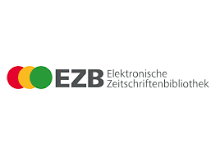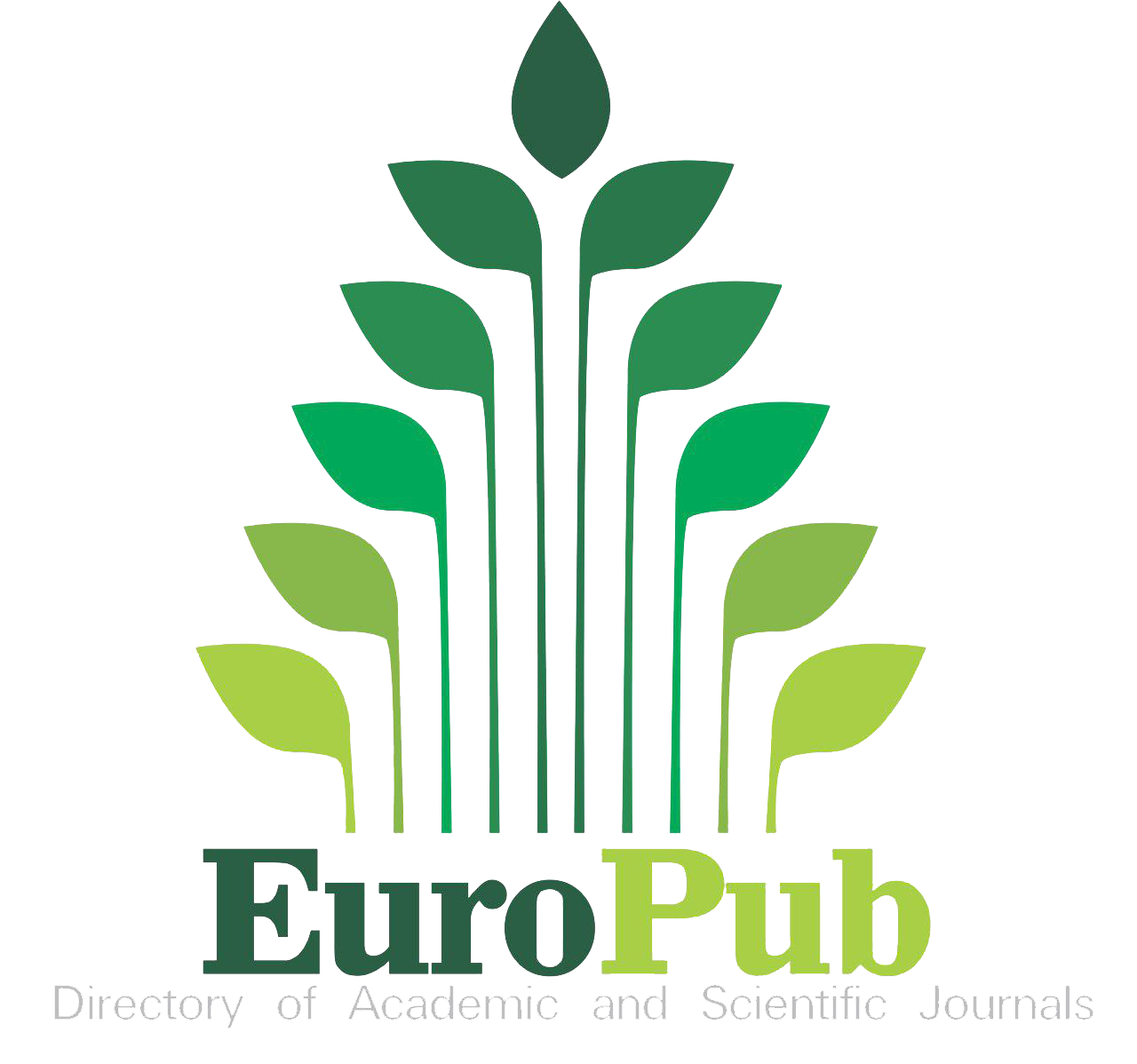Subjective well-being and social media addiction among health sciences university students in Mexico.
Abstract
This study analyzed the relationship between subjective well-being and social media addiction in 208 Mexican university students. Levels of well-being and addiction were also identified, as well as the most frequently used platforms and their daily usage time. Additionally, differences were identified between the study variables based on the use of specific social media platforms. Moderate-high levels of well-being and low-moderate levels of addiction were found. WhatsApp, Instagram, YouTube, and TikTok were the most frequently used platforms. Use of TikTok and Instagram was associated with higher levels of addiction. No correlations were found between subjective well-being and social media addiction. The need to promote healthy social media use among the university community is highlighted.


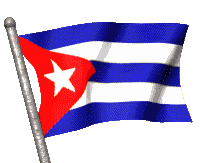









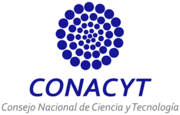
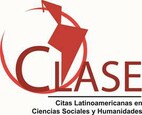



















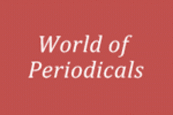


1.png)

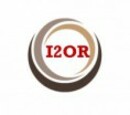





1.png)



